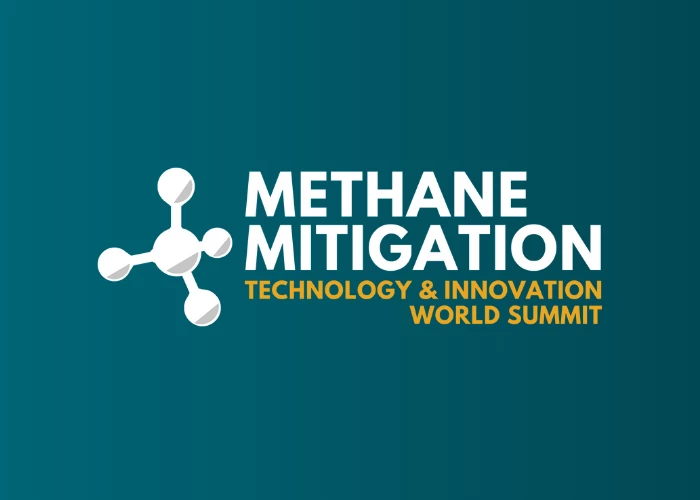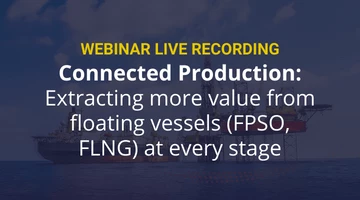FPSO futures: spotlight on Africa
Add bookmarkFPSO 2019: Spotlight on Africa
When looking at the progress of FPSO infrastructure in Africa, it becomes clear that the area which is experiencing the greatest rate of growth is West Africa.
There are 186 FPSOs currently in operation around the world, 43 of which are operating in African waters – or just under a quarter of the total. 10 per cent of all FPSOs are operating specifically in West Africa – with one FPSO in Ghanaian waters, one off the coast of Mauritania, two in Cote D’Ivoire, and 14 off coastal Nigeria. Particularly when focussing on deepwater fields, European FPSO developments are experiencing a slower rate of advancement than the West Africa region, and with a population equal to that of the United States, and a massive maritime zone of control, more attention should be paid to those waters.
We can’t really discuss West African FPSOs without putting the spotlight on the heavy-hitting Nigeria –
which has fourteen vessels currently active, and is predicted to achieve what Total has described as ‘full FPSO integration’ within the next seven years. Working primarily in the Egina oil field, this ultra-deep water project is based on a subsea production system connected to an FPSO, which in turn will be connected to 44 subsea wells, and will produce over 200,000 barrels of oil per day.
With the Egina project, West Africa will now be the site for one of the largest oil and gas projects of all time, and has already inspired local governments and boards to encourage the training and employment of hundreds of local engineers and students for future oil and gas projects. Infrastructure in the country has also been extended, most notably a 500-metre dock that was used to construct the FPSO, which will now be used for a multitude of industrial projects. This is but one of dozens of such projects that have been encouraged by long-term partnerships with Oil Majors and Nigeria, following the Nigerian Oil and Gas Industry Development Act of 2010.
Such volumes of onshore work have never before been accomplished by large overseas energy firms in Nigeria, and many commentators believe a watershed has been reached.
In the past five years, West Africa’s share of the continent’s FPSO production has risen from under 15 per cent to 42 per cent.
Along with Brazil, which I’ve already touched upon, West Africa is the primary location for a spate of recent pre-salt basin discoveries. These discoveries have been the driving force behind many of West Africa’s major infrastructure developments. Despite many commentators, including (somewhat infamously) The Guardian, positing that the dwindling foreign investment in countries such as Nigeria would be responsible for companies in the sector moving to countries such as Angola and Ghana, that simply hasn’t happened.
Yes, Angola has 14 FPSOs operational within its waters – currently the same as Nigeria, but Ghana boasts just a single FPSO.
Once upon a time, prevailing anxieties over the Niger Delta area of the country, inadequate infrastructure and inconsistency in government policies were seen to be keeping players away from the West African region. However, despite tough lessons in West Africa, the region has come a long way in developing inclusive policies, in which natural resources benefit the many rather than the few. Nigeria, in particular, has also committed to preserving the country’s natural resources and developing local capacity and capabilities.
Despite the remnant forces of volatile global commodity prices, the offshore oil and gas industry is expanding in West Africa, opening more and more FPSO vessel opportunities for both manufacturers and suppliers.
Increased traction has been experienced in the offshore deep and ultradeep spaces, and there are more resource explorers operating in Western Africa than ever before – with major prospects underway and awaiting resource appraisal and development. The growth of activity in the region has also been driven by the combined efforts of governments to provide incentives for upstream investment opportunities, and overseas oil and gas companies looking for production sites.
For more information on FPSOs, make sure to stay tuned to Oil & Gas IQ for our upcoming report, or check out our sister site: FPSO Network.













